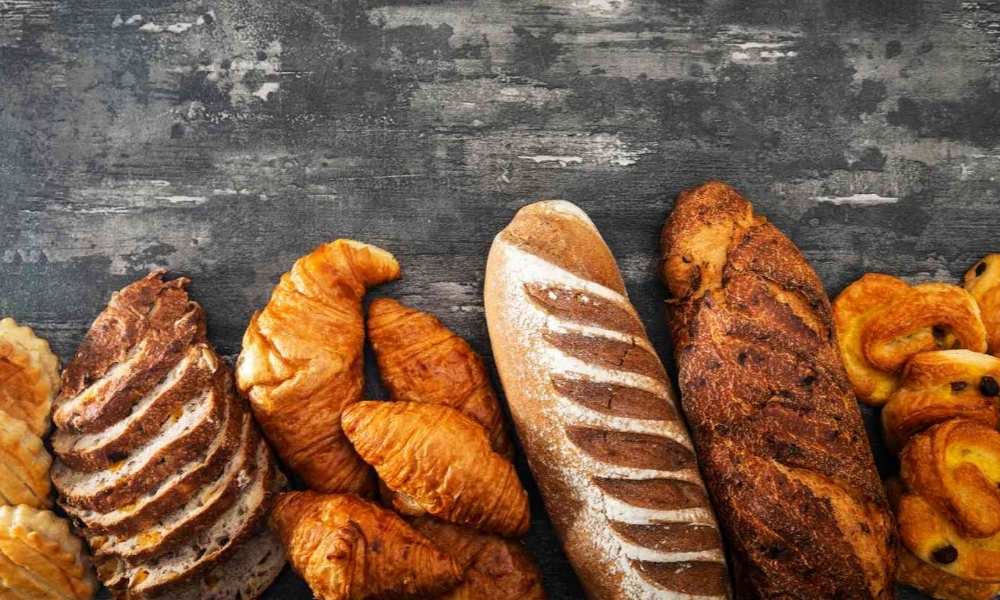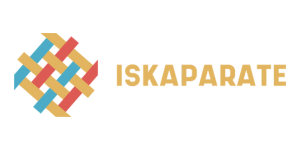What is Bread and Pastry Production?

Bread and pastry production is an intricate and artistic culinary course for individuals with a passion for preparing a variety of baked goods. This course combines science, creativity, and skill, which enhances multitasking and critical thinking.

This course proves itself to be relevant as it offers various advantages, such as:
1. Enhanced Culinary Skills: Bread and pastry production requires mastering fundamental culinary techniques such as mixing, kneading, proofing, baking, and decorating. These skills are foundational for a wide range of, if not all, culinary pursuits. Both home cooking and professional food service require such skills and thoroughly learning all techniques allows you to gradually perfect your own style.
2. Flexible Career Opportunities: Having profound knowledge and experience in bread and pastry production can open doors to many career paths. This includes working as a baker, pastry chef, or in the food manufacturing industry. These positions are in high demand across restaurants, hotels, bakeries, and specialty food producers, helping you grow fast in the industry!
3. Health Advancement: Breads and pastries are staple foods in many cultures, which makes their production an essential skill. But an additional skill one may acquire and master is understanding different ingredients and coming up with new methods that lead to the development of healthier, more nutritious options. This is a rare skill that can make byproducts more valuable and in-demand than those made through typical means.
4. Creative Outlet: Bread and pastry production is one of the most underrated expressions of creativity. Bakers, pastry chefs, and even those still learning have the freedom to experiment with flavors, textures, and presentations to develop unique and visually appealing products. This allows them to showcase not just their creativity but also their personality and individuality.
5. Business Opportunities: Career opportunities with a bread and pastry production background do not end in the culinary field. With the knowledge and skills gained, students can also start their own bakeries or food businesses. This can help them further develop their own style and share it with others, giving them the opportunity to be discovered!
Overall, the relevance of a bread and pastry production course lies in its ability to equip students with fundamental culinary abilities, open up a range of career prospects, promote nutritional awareness, encourage creativity, and foster entrepreneurial ventures.
The history of baking dates back to thousands of years ago from the ancient Egyptians. Known as the pioneers in baking as the first recorded civilization to use yeast in their bread as long ago as 2600 BC. Even the earliest evidence of ovens was discovered in Croatia in 2014. They are estimated to be 6,500 years old.
With a long and early history, it’s natural to think about what made bread and pastry baking such an important and popular practice. Here are a few facts about bread you might need to know about:
What is Bread?
Bread is a staple food in many areas, such as the Middle East, Central Asia, North Africa, Europe, and in European-derived cultures such as those in the Americas, Australia, and Southern Africa. This is prepared by baking a dough of flour and water, often with added yeast or other leavening agents to help it rise. There are countless varieties of bread that make this a versatile food item that can be paired with anything. With the use of unique ingredients and different methods of preparation, bread can be made differently — may it be sweet or salty!
Can Bread Make You Fat?
A common question many people have is, "Can bread make you fat?"
It’s easy to be under this impression when you see a noticeable bump on your belly after eating bread. The yeast in bread causes bloating, making you feel fuller, heavier, and gassier than usual.
But the answer to the question depends on several factors, such as the type of bread, the quantity consumed, and overall dietary habits. While bread itself is not inherently fattening. But consuming it in excess, especially varieties high in sugar and refined flour can be a cause of weight gain. If you prefer a healthier option, you may opt for whole grain breads, on the other hand, offer more nutritional benefits and can be a healthier option when eaten in moderation.
Benefits of Bread
The main benefit of bread lies in its versatility to be made differently depending on preferences, occasion, and consumption. It can be an appetizer, main, or dessert — all depending on how it’s made!
Being a dietary staple for centuries, bread provides essential nutrients and energy. Whole grain breads, in particular, are rich in fiber, vitamins, and minerals, which can aid in digestion, help maintain healthy blood sugar levels, and reduce the risk of chronic diseases.
Considering these, bread and pastries make the perfect baon item. For the best dough creations, check out Donut Shack for a variety of pastries perfect to be packed for school or work! They have donuts, toasted siopao, pandesal, and more!
Learn more about the history of baking: https://www.mrappliance.com/blog/2019/may/the-history-of-baking-from-ancient-egyptians-to-/


